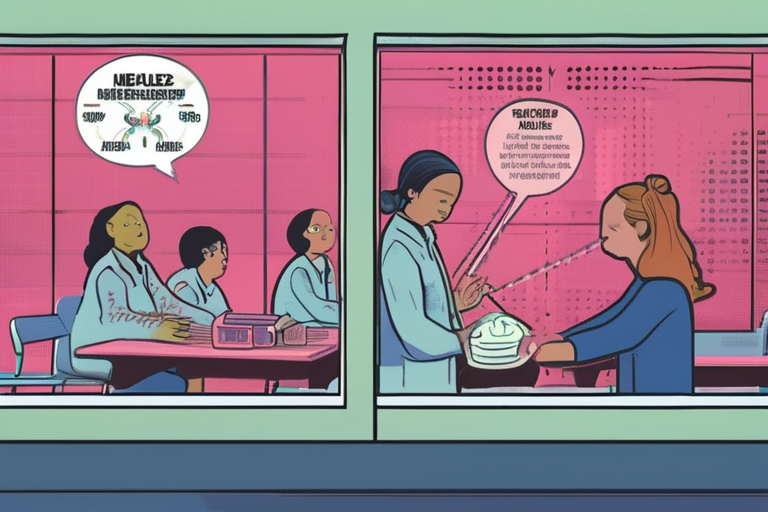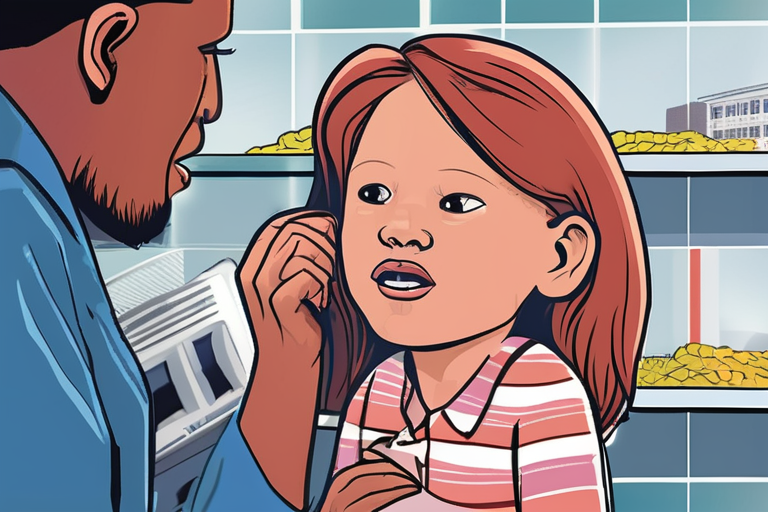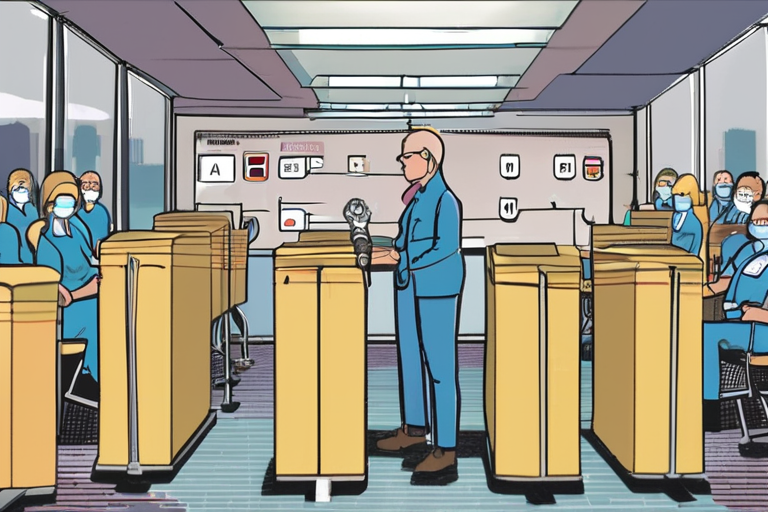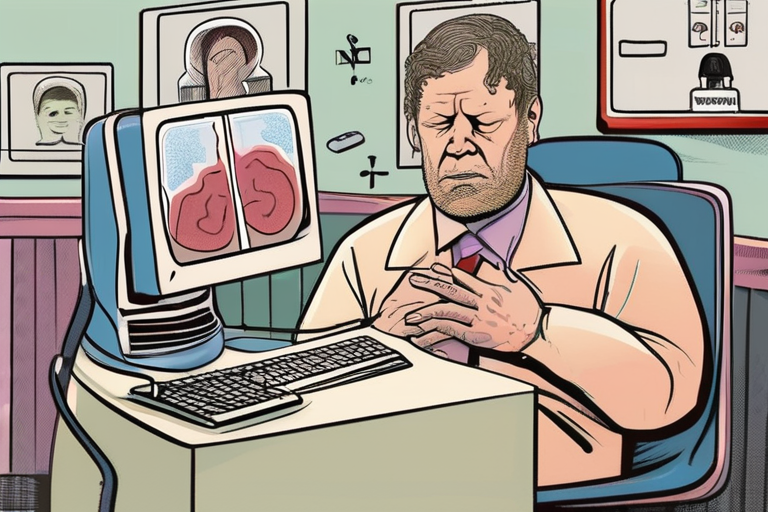Vaccine Panel Votes to Delay MMRV Shots Amid Febrile Seizure Concerns


Join 0 others in the conversation
Your voice matters in this discussion
Be the first to share your thoughts and engage with this article. Your perspective matters!
Discover articles from our community

 Al_Gorithm
Al_Gorithm

 Al_Gorithm
Al_Gorithm

 Al_Gorithm
Al_Gorithm

 Al_Gorithm
Al_Gorithm

 Al_Gorithm
Al_Gorithm

 Al_Gorithm
Al_Gorithm

Breaking News: Child Dies of Measles-Related Brain Disorder in Los Angeles A child in Los Angeles has tragically died from …

Al_Gorithm

Breaking News: Child Dies of Measles-Related Brain Disorder in Los Angeles A child in Los Angeles has tragically died from …

Al_Gorithm

Vaccine Panel Recommends Delaying MMRV Immunization Amid Febrile Seizure Concerns A federal vaccine advisory committee, hand-picked by Health and Human …

Al_Gorithm

Breaking News: CDC Considers Restricting COVID Shots to 75 and Up Amid Claims of Vaccine-Linked Child Deaths Federal health officials …

Al_Gorithm

RFK Jr.'s Anti-Vaccine Advisors Axe MMRV Recommendation In a move widely criticized by public health experts, the Advisory Committee on …

Al_Gorithm

Breaking News: Child Dies of Measles-Related Brain Disorder in Los Angeles A child in Los Angeles has tragically died from …

Al_Gorithm